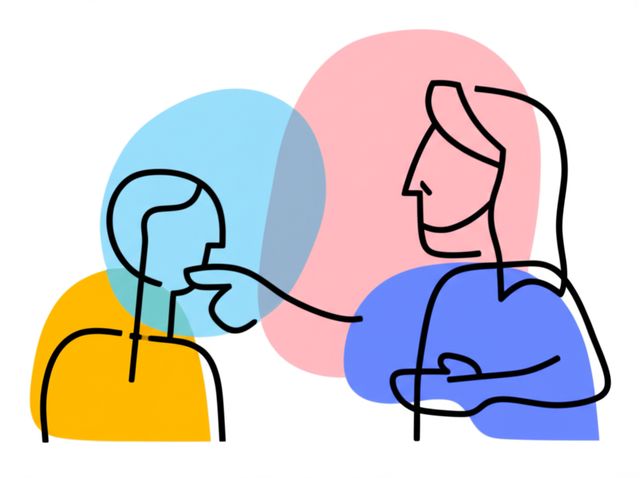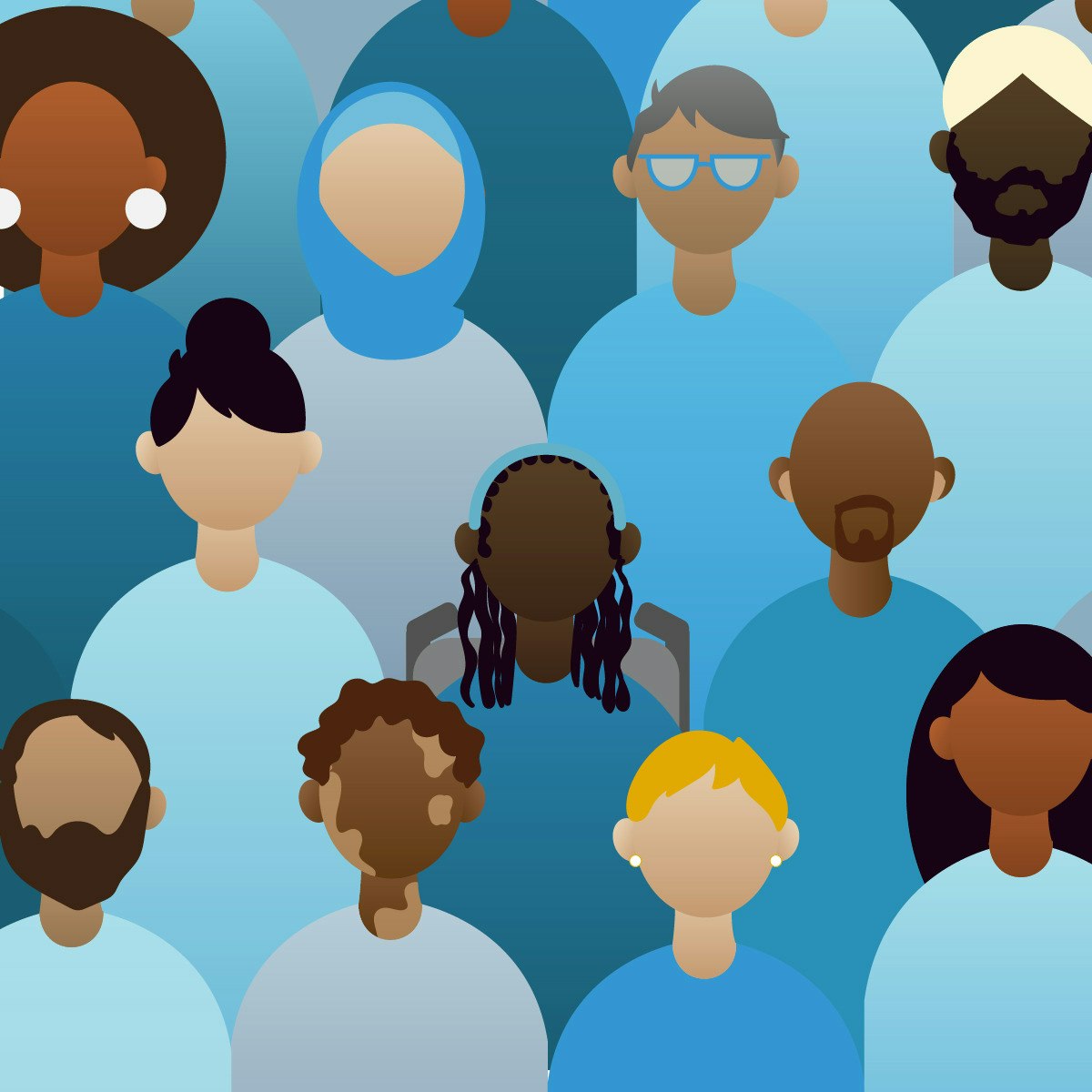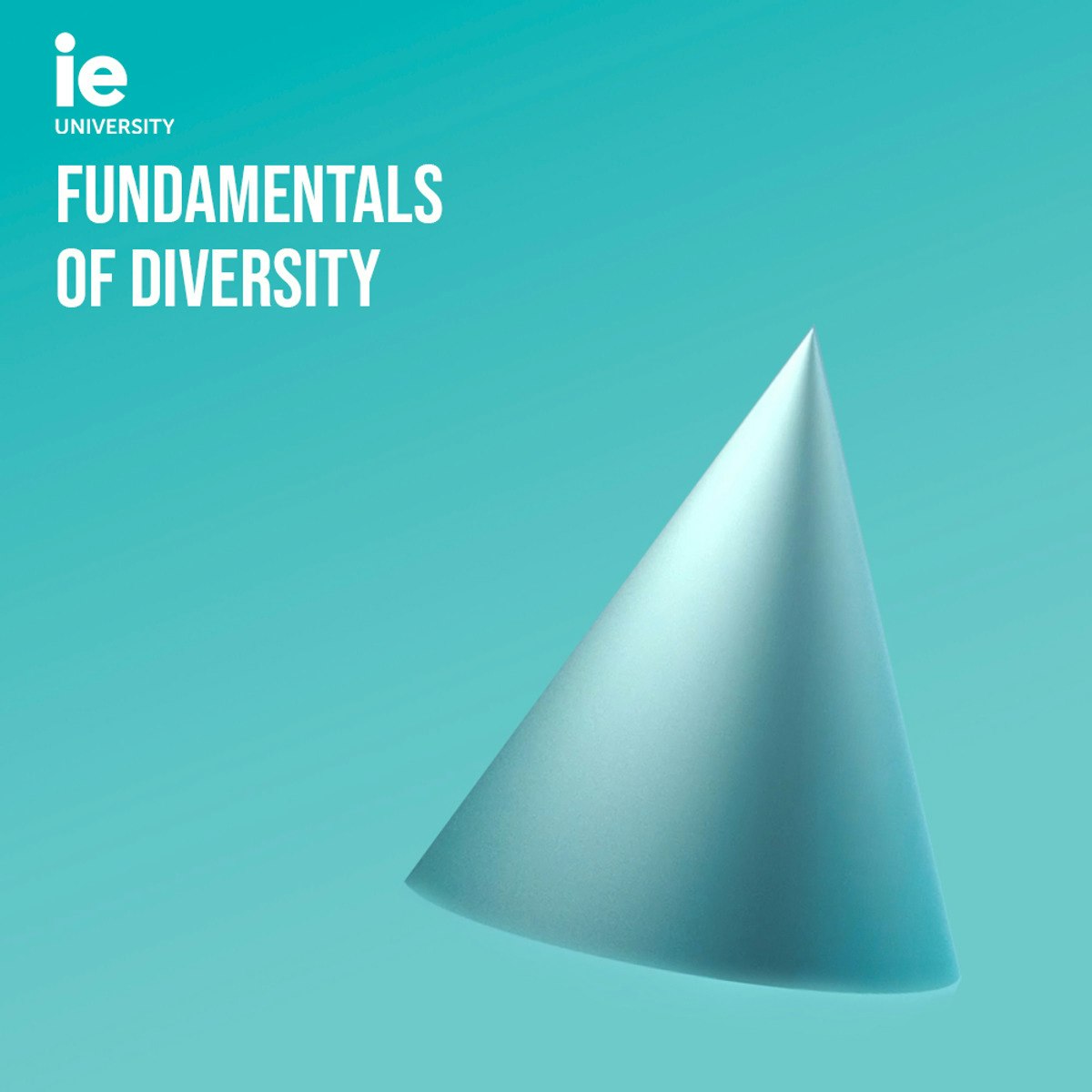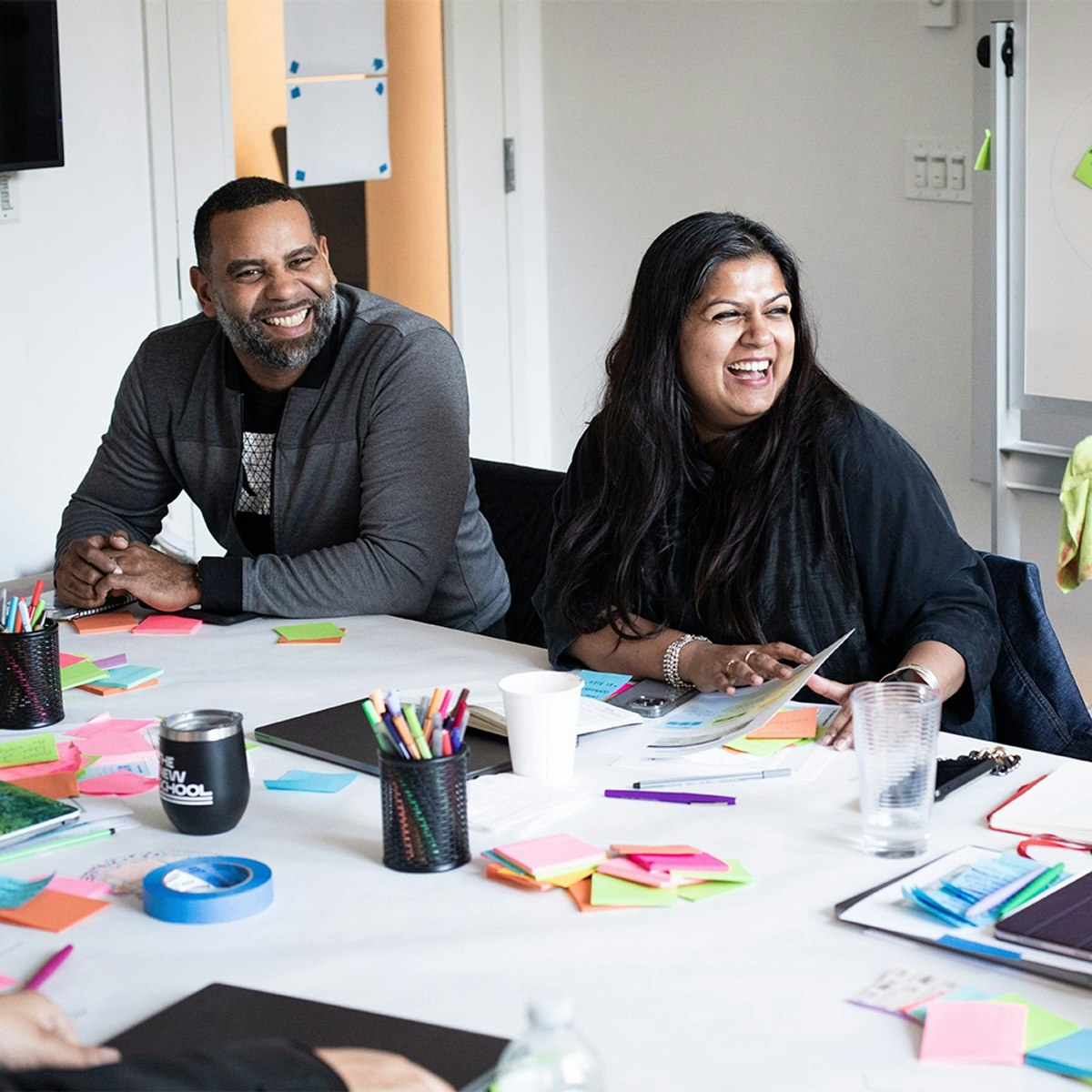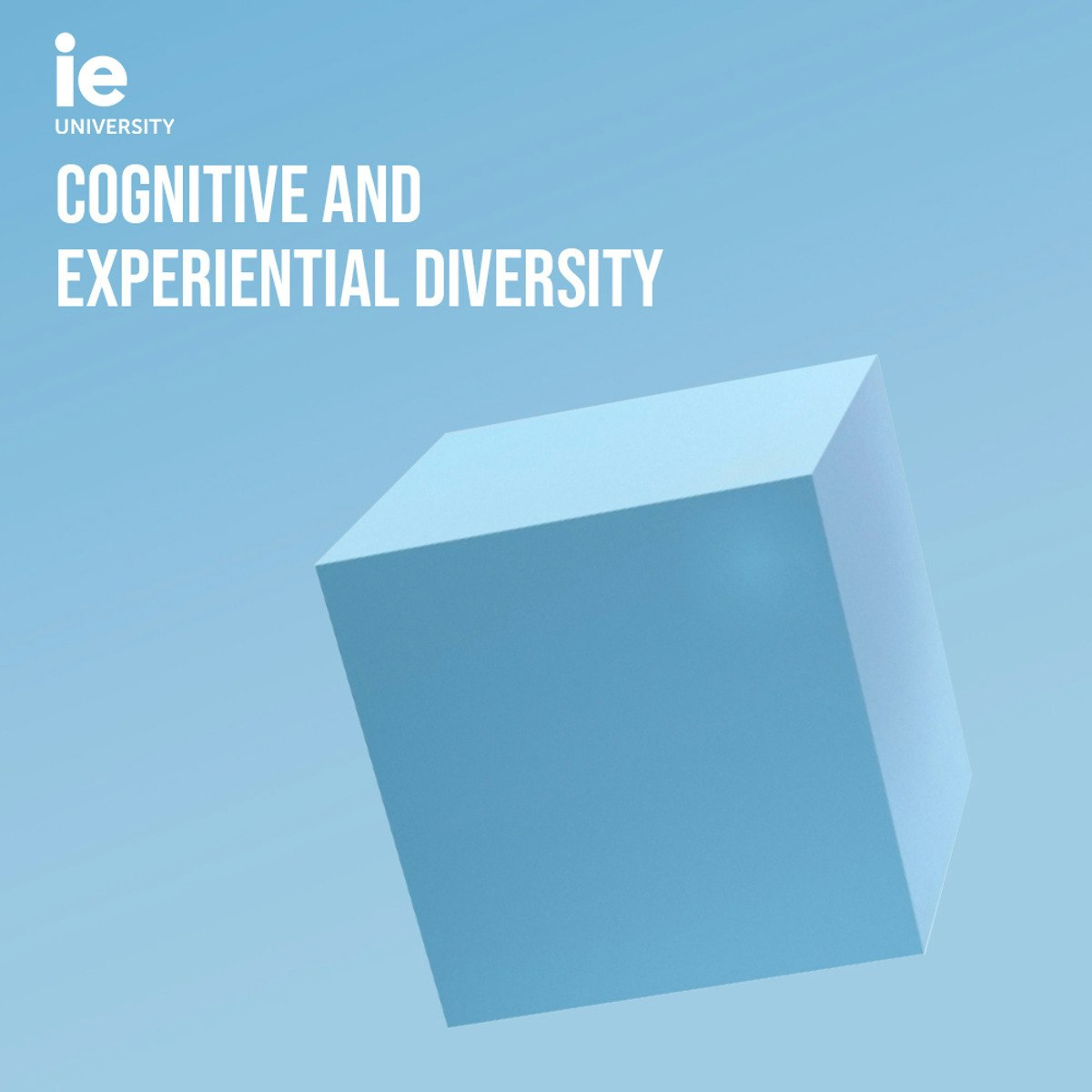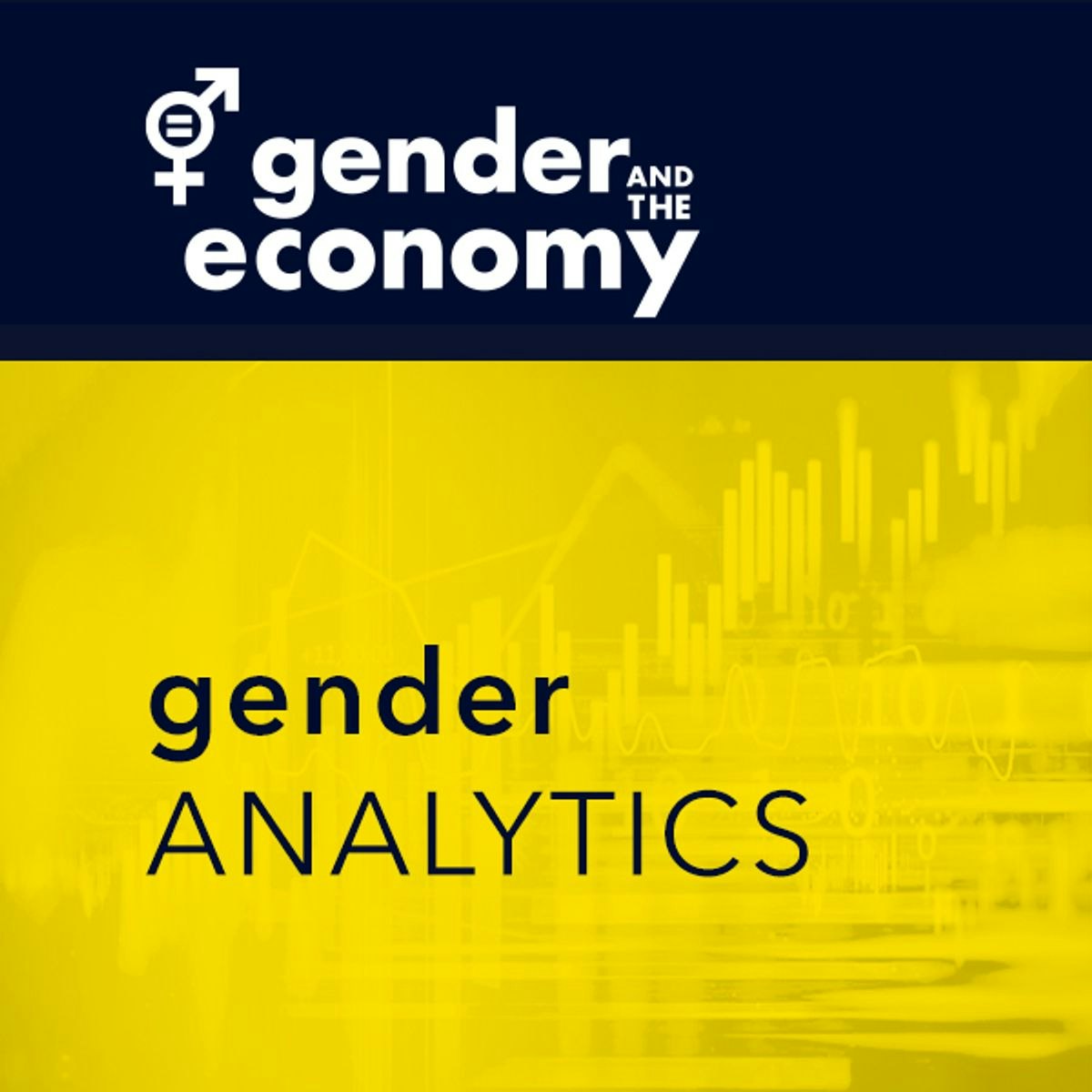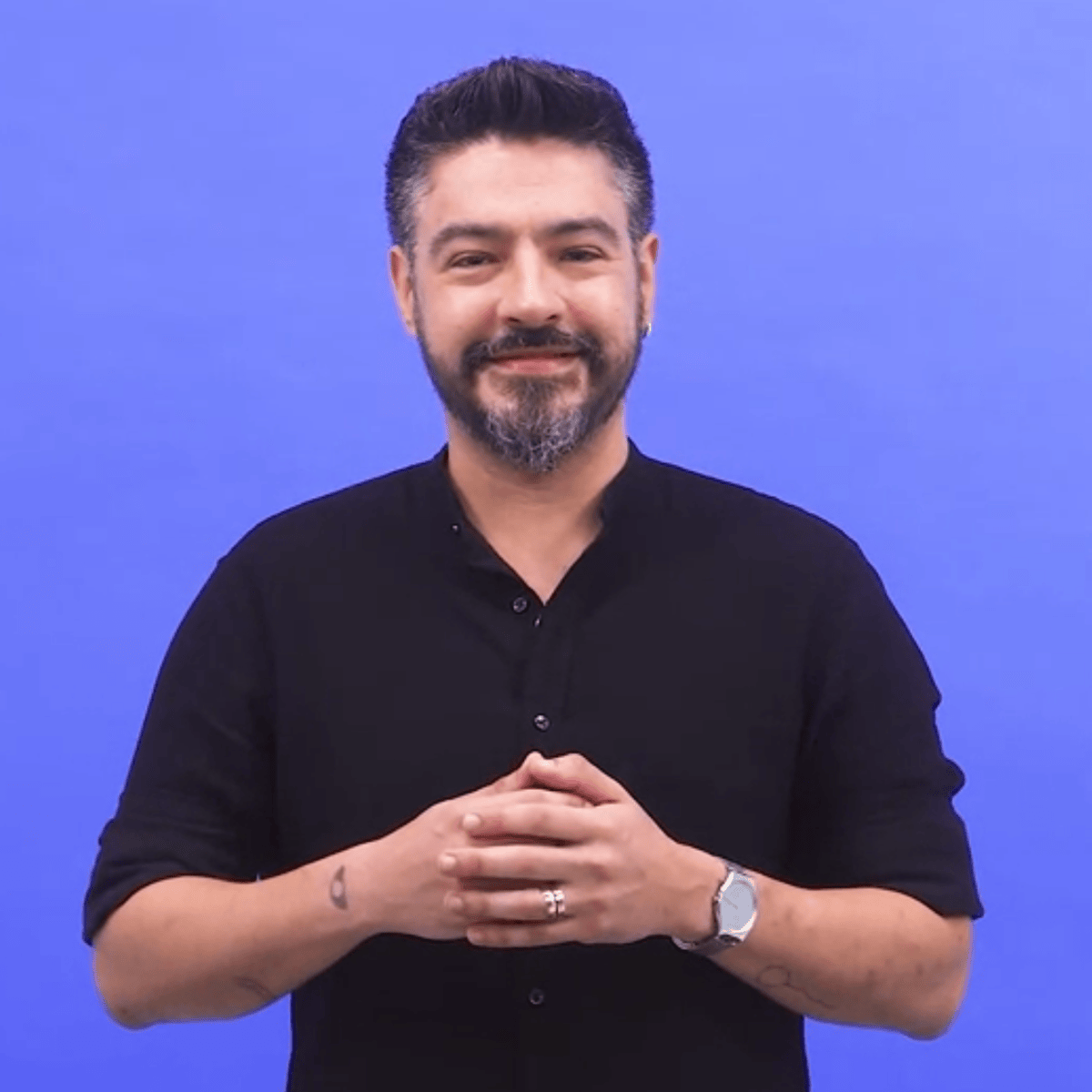Chief Diversity Officer
Understanding the Role of a Chief Diversity Officer
A Chief Diversity Officer (CDO) is a senior executive leader within an organization responsible for guiding and implementing strategies related to diversity, equity, and inclusion (DEI). Their primary purpose is to cultivate a workplace culture where all individuals, regardless of background, feel valued, respected, and have equitable opportunities to succeed. This role is pivotal in aligning DEI objectives with the overall business strategy, ensuring that inclusivity is woven into the fabric of the organization.
Working as a CDO can be deeply engaging. You'll be at the forefront of shaping organizational culture, fostering environments where diverse perspectives drive innovation and growth. It’s a chance to make a tangible impact on people's work lives and contribute to a more equitable society. The strategic nature of the role, involving collaboration with senior leadership and data-driven decision-making, offers significant intellectual stimulation and leadership opportunities.
Introduction to Chief Diversity Officer
Definition and Primary Purpose
The Chief Diversity Officer, often abbreviated as CDO, holds an executive position dedicated to leading an organization's diversity, equity, and inclusion efforts. Their central mission is to champion and embed DEI principles across all organizational levels and functions. This involves creating strategies, policies, and programs that foster a welcoming and fair environment for everyone.
The role extends beyond mere compliance; it's about proactively shaping a culture where diversity is seen as a strength and a vital component of the organization's success. The CDO works to ensure that recruitment, retention, promotion, and daily interactions are equitable and inclusive. They act as a strategic partner to other leaders, integrating DEI into business goals.
Ultimately, the CDO aims to build an organization where diversity in all its forms—including race, ethnicity, gender, sexual orientation, age, disability, neurodiversity, socioeconomic background, and thought—is not only present but actively leveraged for better decision-making, innovation, and performance.
Historical Emergence in Organizational Structures
The concept of a dedicated diversity leader emerged gradually, often rooted in equal employment opportunity (EEO) and affirmative action compliance roles that gained prominence following civil rights legislation in many countries. Initially, these roles were primarily focused on legal compliance and mitigating risks associated with discrimination.
Over time, particularly from the late 20th century onwards, organizations began recognizing the broader benefits of diversity beyond legal requirements. Influenced by corporate social responsibility movements and growing research linking diversity to business outcomes like innovation and market relevance, the focus shifted towards a more strategic approach.
The significant social justice movements around 2020 acted as a major catalyst, dramatically accelerating the adoption and elevation of the CDO role. Companies faced increased pressure from employees, customers, and investors to demonstrate meaningful commitment to DEI, leading to a surge in CDO appointments and a greater integration of DEI into core business strategy.
Key Objectives: Equity, Inclusion, and Cultural Transformation
A primary objective for a CDO is achieving equity within the organization. This means ensuring fair treatment, access, opportunity, and advancement for all employees, while striving to identify and eliminate barriers that have prevented the full participation of some groups. It involves analyzing systems and processes for potential bias.
Fostering inclusion is another critical goal. Inclusion goes beyond simply having diverse representation; it's about creating an environment where everyone feels they belong, are respected, valued, and can fully participate. An inclusive culture leverages the diverse talents and perspectives present within the workforce.
Ultimately, the CDO drives cultural transformation. This involves embedding DEI principles into the organization's values, norms, behaviors, and decision-making processes. It's about moving DEI from a standalone initiative to an integral part of how the organization operates, thinks, and interacts internally and externally.
These foundational courses can provide a solid understanding of the core concepts involved in DEI work.
Core Responsibilities of a Chief Diversity Officer
Designing and Implementing DEI Strategies
A core function of the CDO is to develop and execute comprehensive DEI strategies tailored to the organization's specific context and goals. This involves assessing the current state of DEI within the company, identifying areas for improvement, and setting clear, measurable objectives.
The strategy must align with the overall business objectives, demonstrating how DEI contributes to innovation, market competitiveness, talent retention, and other key priorities. Implementation requires careful planning, resource allocation, and collaboration across various departments.
The CDO ensures that these strategies are not just theoretical but are translated into actionable plans with clear timelines and accountability. This might involve launching new programs, revising existing policies, or introducing new frameworks for decision-making throughout the employee lifecycle.
Developing effective strategies requires a deep understanding of DEI principles and how they apply in a business context. These courses offer insights into strategy development and implementation.
Collaborating with HR for Inclusive Practices
The CDO works closely with the Human Resources (HR) department to embed DEI principles into all talent management processes. This includes recruitment, hiring, onboarding, performance management, compensation, promotion, and succession planning.
Collaboration aims to ensure that recruitment strategies attract diverse candidate pools and that selection processes are fair and minimize bias. This might involve training hiring managers, revising job descriptions, and diversifying sourcing channels.
Beyond hiring, the partnership focuses on creating equitable development opportunities and career paths for all employees. It also involves reviewing HR policies to ensure they support an inclusive culture and address potential systemic barriers.
Understanding how DEI intersects with HR functions is crucial. These courses focus specifically on the HR perspective.
Measuring and Reporting on DEI Metrics
Effective DEI work relies on data. The CDO is responsible for establishing key performance indicators (KPIs) and metrics to track progress towards DEI goals. This involves collecting, analyzing, and interpreting data related to workforce demographics, representation at different levels, hiring, promotion rates, retention, employee sentiment, and inclusion experiences.
Data analysis helps identify disparities, pinpoint areas needing intervention, and assess the effectiveness of DEI initiatives. For example, metrics might reveal lower promotion rates for certain groups or differences in employee engagement scores across demographics.
The CDO regularly reports these findings to senior leadership, the board of directors, and potentially other stakeholders. This reporting ensures accountability, informs strategic adjustments, and demonstrates the impact and value of DEI efforts. Transparent reporting builds trust and credibility.
Addressing Workplace Discrimination Incidents
While proactive strategy is key, the CDO often plays a role in addressing incidents of discrimination, bias, or harassment. This may involve collaborating with HR and legal departments to ensure fair and thorough investigations, appropriate resolutions, and supportive measures for affected individuals.
The CDO's involvement often focuses on understanding the systemic factors that may have contributed to the incident and identifying preventative measures. This could include targeted training, policy revisions, or cultural interventions.
Their role is also crucial in fostering a culture where employees feel safe reporting concerns and trust that they will be addressed appropriately. This contributes to a psychologically safe environment, which is essential for inclusion.
Evolution of the Chief Diversity Officer Role
Origins in Civil Rights and CSR Movements
The roots of the CDO role can be traced back to the mid-20th century, particularly with the rise of the Civil Rights Movement in the United States and similar movements globally. Early efforts focused on legal compliance, driven by anti-discrimination laws and affirmative action policies designed to ensure equal employment opportunities.
Simultaneously, the concept of Corporate Social Responsibility (CSR) began to take shape. Companies started considering their impact beyond pure profit, including their role in society and treatment of employees. Early diversity efforts were often housed within HR or legal departments, primarily focused on compliance and risk management.
These initial roles laid the groundwork, establishing the principle that organizations had a responsibility to address fairness and representation, even if the focus was initially narrow.
Growth Post-2020 Social Justice Movements
The global social justice movements that gained significant momentum in 2020 marked a turning point for the CDO role. Heightened public awareness and demands for racial equity, coupled with employee activism, pressured organizations to move beyond compliance and make substantial, visible commitments to DEI.
This period saw a dramatic increase in the creation and elevation of CDO positions. According to Russell Reynolds Associates, CDO representation in the S&P 500 grew significantly between 2020 and 2022, driven by societal expectations and shareholder demands for equity. Organizations recognized the need for dedicated, strategic leadership to drive meaningful change.
The scope of the role expanded, with increased budgets, larger teams, and greater influence within the executive leadership. DEI became a more central strategic priority for many organizations during this time.
Shifting Expectations: From Compliance to Strategic Leadership
The evolution of the CDO role reflects a fundamental shift in expectations. Initially perceived as a compliance function focused on avoiding legal trouble, the role is now increasingly seen as a strategic leadership position critical to business success.
Modern CDOs are expected to be strategic partners who align DEI initiatives with core business goals, such as innovation, talent attraction and retention, market expansion, and brand reputation. They leverage data to demonstrate the value of DEI and influence organizational strategy.
This shift requires a broader skillset, encompassing business acumen, change management expertise, data analysis capabilities, and strong leadership and communication skills. The focus is less on simply managing diversity programs and more on embedding DEI principles into the organization's culture and operations for sustainable impact.
Required Skills and Competencies
Cultural Competency and Intersectional Analysis
A fundamental skill for a CDO is high cultural competency – the ability to understand, communicate with, and effectively interact with people across cultures. This involves awareness of one's own cultural worldview, attitudes towards cultural differences, and knowledge of different cultural practices and worldviews.
Equally important is the ability to apply an intersectional lens. Intersectionality recognizes that individuals hold multiple identities (e.g., based on race, gender, class, sexual orientation, disability) that intersect to create unique experiences of privilege and oppression. Understanding intersectionality allows CDOs to develop more nuanced and effective strategies that address the complexities of diverse experiences.
This competency enables the CDO to design initiatives that are sensitive to diverse needs and avoid one-size-fits-all approaches, fostering a truly inclusive environment.
These courses explore diversity from various perspectives, enhancing cultural understanding.
Data-Driven Decision-Making for Bias Mitigation
CDOs must be adept at using data to identify patterns, measure progress, and make informed decisions. This involves understanding how to collect relevant DEI data, analyze it for insights (e.g., identifying representation gaps or pay disparities), and use findings to shape strategies.
Analytical skills are crucial for diagnosing systemic biases within organizational processes, such as hiring, promotions, or performance reviews. By identifying where bias may be occurring, CDOs can design targeted interventions to mitigate it.
This data-driven approach moves DEI efforts beyond anecdotal evidence, providing a solid foundation for advocating for change and demonstrating the impact of initiatives to stakeholders. Proficiency with data analysis tools and methodologies is increasingly valuable.
Conflict Resolution and Stakeholder Management
Implementing DEI initiatives often involves navigating complex and sometimes sensitive conversations, differing viewpoints, and potential resistance. Strong conflict resolution skills are essential for addressing disagreements constructively and finding common ground.
CDOs interact with a wide range of stakeholders, including senior executives, board members, managers, employees, employee resource groups (ERGs), and external partners. Effective stakeholder management involves building trust, understanding diverse perspectives, communicating effectively, and influencing others to gain buy-in and support for DEI goals.
This requires excellent interpersonal skills, empathy, political savvy, and the ability to build consensus and coalitions to drive change across the organization.
Developing strong communication and leadership skills is vital for managing stakeholders and potential conflict.
Legal Knowledge of Anti-Discrimination Laws
While the CDO role has evolved beyond pure compliance, a solid understanding of relevant anti-discrimination laws, regulations, and legal precedents remains crucial. This knowledge informs strategy development and ensures that DEI initiatives are legally sound and effectively mitigate risks.
CDOs need to be aware of legal requirements related to equal employment opportunity, affirmative action, harassment prevention, and accommodations for individuals with disabilities, among other areas. They often collaborate closely with legal counsel.
This legal foundation helps the CDO navigate complex situations, advise leadership appropriately, and design policies and practices that are both equitable and compliant. Understanding the legal landscape is a cornerstone of effective DEI leadership.
Formal Education Pathways
Relevant Undergraduate Degrees
There isn't one specific undergraduate degree required to become a CDO, but several fields provide a strong foundation. Degrees in Human Resources offer insights into talent management, organizational behavior, and employment law, which are directly applicable.
Social sciences like Sociology, Psychology, or Anthropology provide critical understanding of group dynamics, social structures, inequality, cultural differences, and human behavior. These disciplines develop analytical skills and empathy crucial for DEI work.
Other relevant fields include Business Administration (especially with a focus on management or organizational leadership), Communications, Public Policy, or Legal Studies. A strong liberal arts education emphasizing critical thinking and communication is also valuable.
Graduate Programs and Specializations
Many CDOs hold advanced degrees. Master's or doctoral degrees in Organizational Psychology, Organizational Development, Human Resource Management, or Business Administration (MBA) with a focus on leadership or strategy are common pathways.
Specialized graduate programs focusing specifically on Diversity, Equity, and Inclusion management are emerging, offering targeted curricula on DEI theory, strategy, measurement, and leadership. Law degrees (JD) are also common, particularly for those whose roles heavily intersect with compliance and policy.
Advanced education often provides deeper theoretical knowledge, research skills, and strategic frameworks necessary for operating at an executive level and driving complex organizational change.
Continuing education through online courses is vital for staying current. These courses offer advanced perspectives on DEI and leadership.
Certifications in the Field
Professional certifications can enhance credibility and demonstrate specialized knowledge in DEI. While not always mandatory, they can be valuable for career advancement, particularly for those transitioning into the field.
Several organizations offer DEI certifications. Examples include the Certified Diversity Professional (CDP) or Certified Diversity Executive (CDE) credentials from institutes specializing in diversity training. Certifications from HR bodies like SHRM sometimes include DEI specializations.
These programs typically cover core DEI concepts, strategy development, metrics, bias mitigation, and legal considerations. Pursuing certification can supplement formal education and practical experience, signaling a commitment to professional development in the field.
Career Progression and Advancement
Typical Entry Points
Individuals often enter the DEI field through roles in Human Resources, such as HR Generalist, Talent Acquisition Specialist, or Employee Relations Manager. Experience in these areas provides exposure to workforce dynamics, policies, and talent processes relevant to DEI.
Other common entry points include roles in organizational development, training and development, corporate social responsibility, legal/compliance departments, or community relations. Some may start in dedicated DEI specialist or program manager roles within larger organizations.
Working as an external DEI consultant can also be a pathway, providing experience across various industries and organizational challenges before moving into an in-house leadership role.
Transitioning from Adjacent Roles
Professionals in adjacent fields often possess transferable skills valuable for a CDO role. For instance, those in compliance or legal roles bring expertise in regulations and policy development. Community relations professionals understand stakeholder engagement and partnership building.
Marketing and communications professionals have skills in messaging, influence, and campaign management. Leaders of Employee Resource Groups (ERGs) gain direct experience advocating for specific communities and understanding their needs within the organization.
Making the transition often involves actively seeking out DEI-related projects, pursuing further education or certifications in DEI, and building networks within the field. Highlighting relevant experiences and demonstrating a passion for equity and inclusion are key.
For those considering a pivot, remember that your existing skills are valuable. The journey requires commitment, but building upon your current expertise is a strong starting point. Focus on gaining specific DEI knowledge and experience.
These courses can help broaden understanding and develop leadership capabilities applicable to DEI roles.
Executive Leadership Pathways
Progressing to the CDO role typically requires significant experience, often 10+ years in relevant fields, including several years in leadership positions. The path might involve moving from DEI Specialist to Manager, then Director, Vice President of DEI, and finally Chief Diversity Officer.
Success at each stage involves demonstrating strategic thinking, the ability to influence senior leaders, manage complex projects, lead teams, and achieve measurable results. Building a strong track record of driving impactful DEI initiatives is crucial.
The CDO role itself is often part of the executive leadership team (C-suite), reporting directly to the CEO or another top executive. From the CDO position, further advancement might include broader HR leadership roles like Chief Human Resources Officer (CHRO), Chief People Officer, or roles focused on broader organizational strategy and culture.
Challenges in Chief Diversity Officer Roles
Navigating Resistance to Organizational Change
DEI initiatives inherently involve change – shifts in policies, processes, behaviors, and power dynamics. Change often encounters resistance, stemming from various sources like fear of the unknown, defense of the status quo, lack of understanding, or disagreement with DEI principles.
CDOs must be adept at managing change and navigating resistance. This requires strong communication skills to articulate the rationale for change, empathy to understand concerns, and resilience to persist despite obstacles. Building alliances and securing visible support from senior leadership are critical strategies.
Addressing resistance constructively, fostering dialogue, and demonstrating the benefits of DEI for the entire organization are ongoing challenges in the role.
Understanding how to lead and manage change is essential. These courses offer relevant insights.
Balancing Stakeholder Expectations with Resource Constraints
CDOs operate within a complex web of stakeholders – employees, leaders, board members, customers, community groups – each potentially having different expectations and priorities for DEI.
Balancing these often diverse and sometimes conflicting expectations requires skillful negotiation and prioritization. Furthermore, DEI initiatives require resources – budget for programs, staff time, technological tools. CDOs often need to advocate for adequate resources, especially during times of economic pressure when DEI budgets may face cuts.
Making strategic choices about where to focus limited resources to achieve the greatest impact, while managing stakeholder expectations, is a significant challenge.
Measuring Long-Term Impact of DEI Initiatives
While tracking short-term metrics like representation numbers or training completion rates is relatively straightforward, measuring the deeper, long-term impact of DEI on organizational culture, innovation, employee well-being, and business performance is more complex.
Cultural change takes time, and attributing specific business outcomes solely to DEI initiatives can be difficult due to confounding factors. Developing meaningful metrics that capture sustained behavioral shifts and cultural embedding requires sophistication in measurement design and analysis.
CDOs face the ongoing challenge of demonstrating the lasting value and return on investment of DEI efforts beyond immediate outputs, requiring a focus on both quantitative and qualitative data over extended periods.
Ethical Considerations and Risks
Avoiding Tokenism in DEI Efforts
A significant ethical risk is "tokenism" – making symbolic gestures towards diversity without implementing substantive change. This might involve hiring a few individuals from underrepresented groups into visible roles without addressing underlying systemic inequities or empowering them to make real contributions.
Tokenism can create a false impression of progress, undermine trust, and lead to disillusionment among employees. CDOs must advocate for authentic, systemic change rather than superficial actions. This involves ensuring that DEI efforts focus on equitable systems, inclusive culture, and meaningful representation at all levels.
Maintaining ethical integrity requires pushing for genuine transformation, even when surface-level actions might be easier or politically expedient.
Managing Confidentiality in Discrimination Cases
CDOs, often working closely with HR and legal teams, may become involved in sensitive situations involving allegations of discrimination or harassment. Maintaining confidentiality is paramount to protect the individuals involved and ensure the integrity of investigations.
Balancing the need for confidentiality with the need for transparency (e.g., communicating organizational commitment to addressing issues) requires careful judgment. Ethical handling involves respecting privacy, ensuring due process, and prioritizing the well-being and safety of employees.
Navigating these situations requires a strong ethical compass, discretion, and adherence to legal and organizational protocols.
Ethical Implications of Diversity Metrics Misuse
While data is crucial for DEI, its collection and use carry ethical responsibilities. Metrics can be misused, for example, to create quotas that lead to legal challenges or resentment, or interpreted in ways that reinforce stereotypes.
There are also privacy concerns related to collecting sensitive demographic data. CDOs must ensure data is collected ethically, stored securely, used responsibly, and interpreted accurately to drive equitable outcomes, not to label or disadvantage individuals.
Ethical data practices involve transparency about how data is used, focusing on aggregate trends rather than individual identification (where appropriate), and ensuring metrics genuinely serve the goal of advancing equity and inclusion.
Industry Trends and Future Outlook
Integration of AI in Bias Detection Tools
Artificial Intelligence (AI) presents both opportunities and challenges for DEI. One promising trend is the use of AI tools designed to detect and mitigate bias in processes like recruitment (e.g., analyzing job descriptions for biased language) or performance evaluations.
AI algorithms can analyze large datasets to identify patterns of potential bias that might be missed by human reviewers. Research from organizations like Mercer suggests AI can help dismantle historical biases if used thoughtfully. However, AI itself can perpetuate biases if trained on biased data or designed without diverse perspectives.
CDOs will increasingly need to understand AI's capabilities and limitations, ensuring its ethical and effective use as a tool to support, not replace, human judgment in DEI efforts. According to i4cp's 2025 predictions, DEI leaders view AI adoption as important but feel organizations are often only somewhat prepared for its integration.
These courses explore DEI fundamentals and the role of technology, including potential AI applications.
Global Expansion of DEI Roles
While the CDO role originated primarily in the US, there is a growing trend of establishing dedicated DEI leadership positions in multinational corporations operating across Europe, Asia Pacific, and other regions. LinkedIn data has previously shown significant growth in DEI roles in regions like EMEA.
However, implementing DEI globally requires navigating diverse cultural contexts, legal frameworks, and societal norms regarding diversity. A one-size-fits-all approach is ineffective. Organizations are recognizing the need for localized DEI strategies and expertise, as highlighted by analysis from Russell Reynolds Associates.
This trend suggests growing opportunities for DEI professionals with cross-cultural competencies and experience adapting strategies for different regional contexts. The role is evolving to encompass a more global perspective, often aligning closely with broader Environmental, Social, and Governance (ESG) initiatives.
Debates About Role Sustainability During Economic Downturns
The sustainability of DEI roles and initiatives, particularly during economic downturns, is a subject of ongoing debate and concern. Some reports indicate that companies facing economic pressure have reduced DEI budgets or eliminated CDO positions, viewing them as non-essential compared to core operations.
Conversely, other research and expert commentary emphasize that DEI is critical for long-term business success, innovation, and talent retention, making it essential even in challenging economic times. Data from i4cp suggests that while pushback exists, many CDOs anticipate stable or increased budgets for 2025, signaling continued commitment in many organizations.
The future likely involves CDOs needing to continually demonstrate the strategic value and business impact of DEI to secure ongoing investment and ensure the role's sustainability, shifting focus towards being DEI business strategists who connect efforts to measurable outcomes.
Frequently Asked Questions
Is a law degree required to become a CDO?
No, a law degree (JD) is not strictly required to become a Chief Diversity Officer. While legal knowledge, particularly regarding anti-discrimination laws, is important and beneficial, many successful CDOs come from backgrounds in HR, organizational development, social sciences, or business.
A legal background can be particularly advantageous in roles with a heavy compliance focus or within highly regulated industries. However, strong strategic thinking, leadership, communication, change management, and cultural competency skills are often prioritized.
Many CDOs without a JD collaborate closely with legal counsel. The key is possessing a sufficient understanding of the legal landscape to inform strategy and mitigate risk, which can be gained through experience, targeted training, or certifications.
How does this role differ across nonprofit vs. corporate sectors?
While the core goals of fostering DEI are similar, the context and specific priorities can differ. In the corporate sector, the business case for DEI (linking it to innovation, talent, market share, brand reputation) is often heavily emphasized alongside ethical and social justice rationales.
In nonprofits, the mission alignment of DEI may be more direct, focusing on equitable service delivery to diverse communities, inclusive programming, and representation that reflects the populations served. Resource constraints might be more pronounced in nonprofits, requiring creative strategies.
In academia, as seen in job descriptions like Duke University's, the focus might include curriculum development, student success, faculty diversity, and research on disparities. Regardless of sector, stakeholder management and strategic leadership remain crucial.
What are typical KPIs for success in this role?
Key Performance Indicators (KPIs) vary depending on the organization's specific goals but often include a mix of quantitative and qualitative measures. Representation metrics (e.g., percentage of women or underrepresented minorities in leadership, across functions, or in new hires) are common.
Other quantitative KPIs might involve promotion rates, retention rates by demographic group, pay equity analyses, supplier diversity spend, or participation rates in DEI training. Qualitative measures often come from employee engagement surveys (e.g., scores on questions related to belonging, fairness, psychological safety), feedback from Employee Resource Groups, or assessments of inclusive leadership behaviors.
Success is typically measured by progress over time towards predefined DEI goals and the extent to which DEI is integrated into the organizational culture and business strategy, rather than just achieving specific numerical targets in isolation.
Can small organizations benefit from a CDO?
Smaller organizations can absolutely benefit from a dedicated focus on DEI, although they may not have the resources for a full-time, C-suite level CDO. The principles of equity and inclusion are valuable regardless of organizational size.
In smaller companies, DEI responsibilities might be integrated into an existing leadership role (e.g., Head of HR or Head of People & Culture) or handled by a dedicated DEI manager or specialist rather than a Chief Officer. Some small organizations utilize external DEI consultants for strategic guidance and program development.
The key is ensuring that someone has clear ownership and accountability for driving DEI efforts, tailored to the organization's scale and context. Even small steps towards fostering an inclusive culture can yield significant benefits in employee morale, collaboration, and attracting talent.
How are CDO roles impacted by political changes?
CDO roles and DEI initiatives can be sensitive to shifts in the political and legal landscape. Changes in government administrations can lead to new regulations, alterations in enforcement priorities for anti-discrimination laws, or shifts in public discourse around diversity.
For example, recent political shifts and legal challenges in the US have led to increased scrutiny and pushback against certain DEI practices, as noted by research from i4cp and Forbes. This can create challenges for CDOs, requiring them to adapt strategies, manage internal and external communications carefully, and potentially reframe initiatives to navigate the changing environment.
CDOs need to stay informed about relevant political and legal developments and be prepared to adjust their approaches while remaining committed to the core principles of equity and inclusion.
What are alternatives if an organization lacks a CDO position?
If an organization doesn't have a formal CDO, responsibility for DEI often falls to the HR department or senior leadership. Establishing a DEI council or task force comprising employees from different levels and departments can help drive initiatives and foster broader ownership.
Employee Resource Groups (ERGs) or Business Resource Groups (BRGs) can play a vital role in advocating for specific communities, providing insights to leadership, and contributing to an inclusive culture. Integrating DEI goals into performance expectations for all managers can also embed accountability.
Organizations can also leverage external consultants for strategic advice, training, and assessments. Ultimately, even without a CDO, a commitment from leadership and mechanisms for accountability are essential for making meaningful progress on DEI.
Embarking on a career path toward becoming a Chief Diversity Officer is a significant undertaking, requiring dedication, continuous learning, and resilience. It offers the profound opportunity to champion equity and shape more inclusive and effective organizations. Whether you are just starting to explore this field or are looking to transition, resources like online courses available through OpenCourser can provide valuable knowledge and skills. The journey demands strategic thinking and empathy, but the potential to drive meaningful change makes it a compelling and rewarding pursuit for many leaders.

